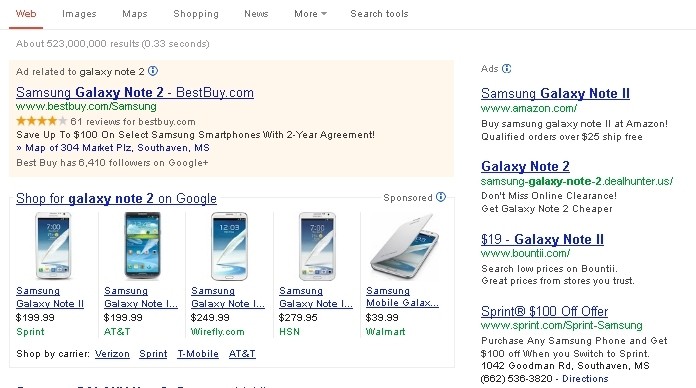The Federal Trade Commission has reissued guidelines to search engines that highlight the importance of making it clear which results are genuine and which are cleverly placed advertisements. The original notices were delivered way back in 2002 but as the years have ticked away, compliance has fallen by the wayside.
The FTC sent letters to AOL, Bing, Google, Yahoo and others with revised guidelines to address the growing problem. The letter points out that it has become more difficult to distinguish paid search results from legit ones. Naturally, the group is urging those in the industry to make sure the distinction is clear.

A press release on the matter points out the need for visual cues, labels or other techniques to effectively distinguish advertisements as to not mislead consumers.
What’s more, the letters issued to search engines note that the principles of the original guidance still apply despite the fact that search and the business of search continue to evolve. Consumers ordinarily expect that natural search results are included and ranked based on relevance to a query – not based on payment from a third party.
A Google spokesperson told CNET that clear labeling and disclosure of paid results is important and they always strived to do that as their products have evolved. As of writing, Microsoft and Yahoo had not returned requests for a comment. Whether or not the FTC’s warning will have a visible impact on search results moving forward remains to be seen.
https://www.techspot.com/news/53032-ftc-reissues-warnings-to-search-engines-over-paid-results.html